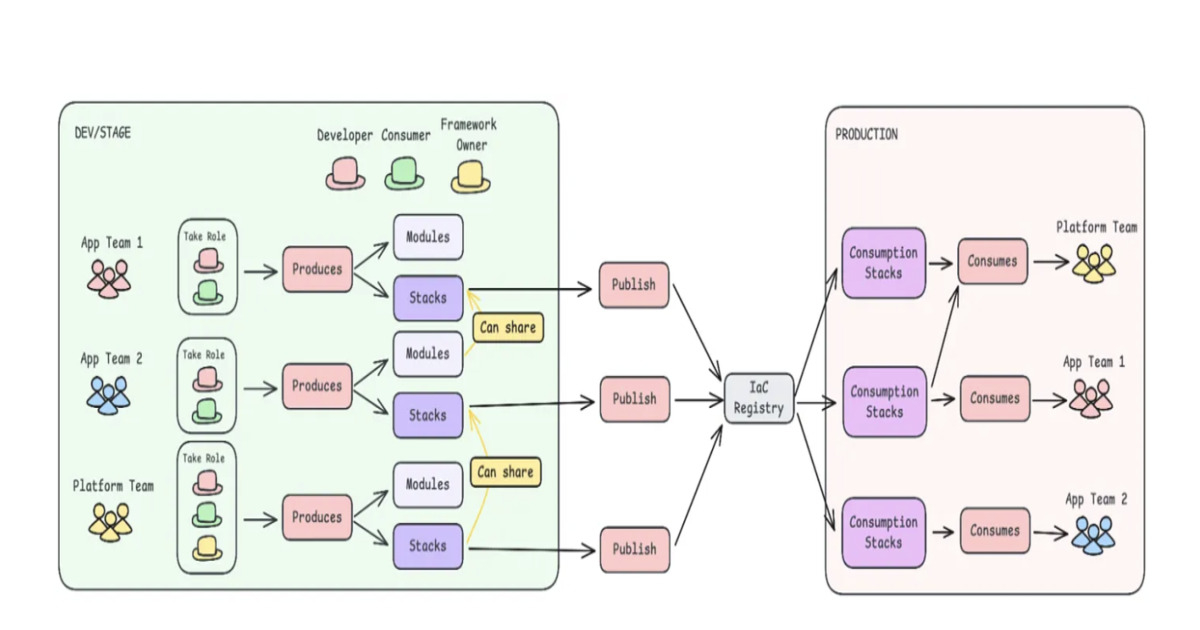Codetown
Codetown ::: a software developer's community
Backtracking to iPhone OS 3.0
Tags:
Replies to This Discussion
-
Permalink Reply by Eric Lavigne on February 17, 2010 at 10:19am
-
Upgrade xCode?
-
-
Permalink Reply by Kevin Neelands on February 17, 2010 at 10:35am
-
Did that, get the same message. Frustrating thing is, the list of allowed OSs includes 3.1.2 and 3.2. But I'm really programming to the lowest common denominator - programming to 3.0 keeps the potential customer base wide. Not that it really matters.
Eric Lavigne said:Upgrade xCode? - Attachments:
-
-
 ScreenDump.jpg, 121 KB
ScreenDump.jpg, 121 KB
-
-
-
Permalink Reply by Walt Sellers on February 17, 2010 at 10:37am
-
Moving down in version involves having the iPhone OS distribution file for that. Its possible its already in your iTunes records. There are instructions out there, but the main thing is holding down the option key while clicking the restore button. iTunes will prompt you to pick which system files to use.
Alternatively, if you upgrade to the latest XCode and iPhone SDK, you will be able to build for your iPhone without needing to restore it. (Assuming you don't specifically need 3.0 for testing on the device.)
As a developer, keep in mind when upgrading that upgrading to beta versions of iPhone OS are often one-way and cannot be undone. (Not the case for you, but worth noting since the topic is downgrading.) -
Notes
Welcome to Codetown!
 Codetown is a social network. It's got blogs, forums, groups, personal pages and more! You might think of Codetown as a funky camper van with lots of compartments for your stuff and a great multimedia system, too! Best of all, Codetown has room for all of your friends.
Codetown is a social network. It's got blogs, forums, groups, personal pages and more! You might think of Codetown as a funky camper van with lots of compartments for your stuff and a great multimedia system, too! Best of all, Codetown has room for all of your friends.
Created by Michael Levin Dec 18, 2008 at 6:56pm. Last updated by Michael Levin May 4, 2018.
Looking for Jobs or Staff?
Check out the Codetown Jobs group.
InfoQ Reading List
Presentation: What I Wish I Knew When I Started with Green IT

Ludi Akue discusses how the tech sector’s rising emissions impact our global climate goals. Drawing from her experience as a CTO, she explains seven key lessons for implementing Green IT. She shares insights on LCA assessments, the paradox of microservices, and why FinOps doesn’t always equal green.
By Ludi AkueVue Router 5: File-Based Routing Into Core with No Breaking Changes

Vue Router 5.0 has integrated unplugin-vue-router into its core, enhancing file-based routing and TypeScript support. This transition release boasts no breaking changes, simplifies dependencies, and introduces experimental features like data loaders and improved editor tooling. Ideal for Vue.js developers, it positions itself as a bridge to the upcoming ESM-only version 6.
By Daniel CurtisPodcast: [Video Podcast] AI Autonomy Is Redefining Architecture: Boundaries Now Matter Most

This conversation explores why generative AI is not just another automation layer but a shift into autonomy. The key idea is that we cannot retrofit AI into old procedural workflows and expect it to behave. Once autonomy is introduced, systems will drift, show emergent behaviour, and act in ways we did not explicitly script.
By Jesper LowgrenGoogle Launches Automated Review Feature in Gemini CLI Conductor

Google has enhanced its Gemini CLI extension, Conductor, by adding support for automated reviews. The company says this update allows Conductor "to go beyond just planning and execution into validation", enabling it to check AI-generated code for quality and adherence to guidelines, strengthening confidence, safety, and control in AI-assisted development workflows.
By Sergio De SimoneFrom Central Control to Team Autonomy: Rethinking Infrastructure Delivery

Adidas engineers describe shifting from a centralized Infrastructure-as-Code model to a decentralized one. Five teams autonomously deployed over 81 new infrastructure stacks in two months, using layered IaC modules, automated pipelines, and shared frameworks. The redesign illustrates how to scale infrastructure delivery while maintaining governance at scale.
By Leela Kumili
© 2026 Created by Michael Levin.
Powered by
![]()